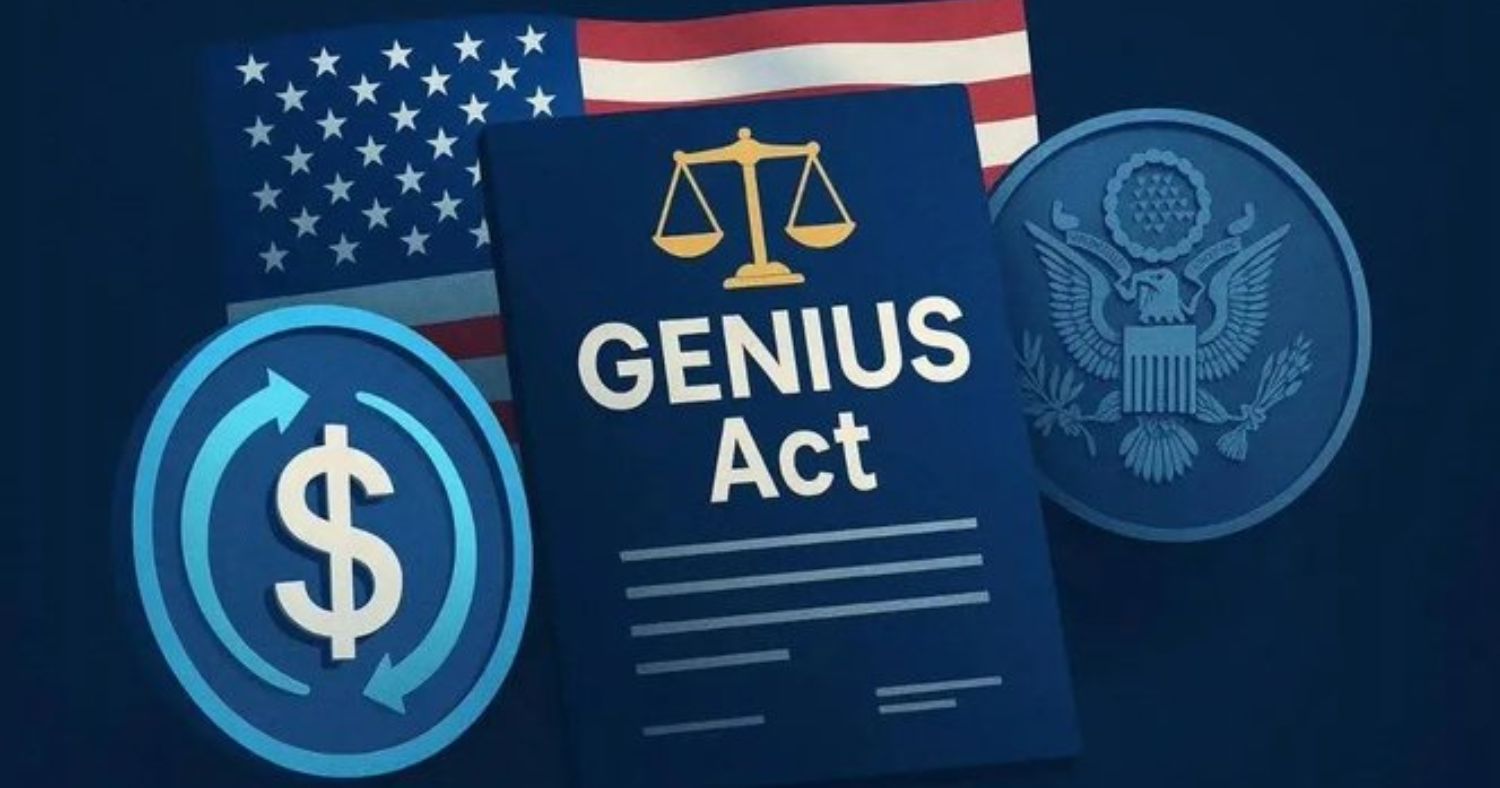In a significant pivot from its traditionally cautious stance, the U.S. Securities and Exchange Commission (SEC) has reportedly endorsed the GENIUS Act, a legislative move poised to foster innovation within the burgeoning cryptocurrency sector. This unexpected backing signals a potential turning point for digital assets, offering a glimpse into a future where regulatory bodies might actively support the growth of the crypto economy.
For years, the relationship between the SEC and the crypto industry has often been characterized by tension and uncertainty. The regulator, tasked with protecting investors and maintaining fair markets, has frequently adopted an enforcement-first approach, leading to a landscape fraught with ambiguity for blockchain projects and digital asset ventures. This context makes the endorsement of an act explicitly favoring crypto innovation a notable development, suggesting a shift towards a more collaborative and forward-looking regulatory paradigm.
While the specifics of the GENIUS Act itself are not widely detailed, the mere fact of the SEC’s endorsement implies a recognition of the transformative potential of blockchain technology and digital assets. Such a move is likely to inject a much-needed dose of confidence into the market, potentially drawing in more institutional investment and encouraging established financial players to explore decentralized finance (DeFi) and other crypto innovations with greater assurance. This newfound clarity could pave the way for clearer guidelines on token offerings, stablecoins, and other complex crypto products, reducing the regulatory overhead that has often stifled development.
The broader implications for the crypto ecosystem are substantial. As the global crypto market cap hovers around $3,82 billones, with a 24-hour trading volume of $258,22 mil millones, a supportive regulatory environment is crucial for sustained growth. An SEC willing to embrace innovation could accelerate mainstream adoption, attract top talent, and foster a more robust and resilient digital economy. This signals to entrepreneurs and developers that the U.S. aims to remain a leader in the global fintech landscape, rather than risk being left behind due to overly restrictive policies.
This endorsement by the SEC, if it translates into tangible policy and clear frameworks, could be a game-changer. It represents not just a regulatory shift, but a philosophical one – acknowledging that thoughtful innovation can coexist with investor protection. While the path ahead will undoubtedly involve ongoing dialogue and careful calibration, this proactive stance by the SEC is a welcome development that could unlock the next phase of growth for the digital asset industry.





